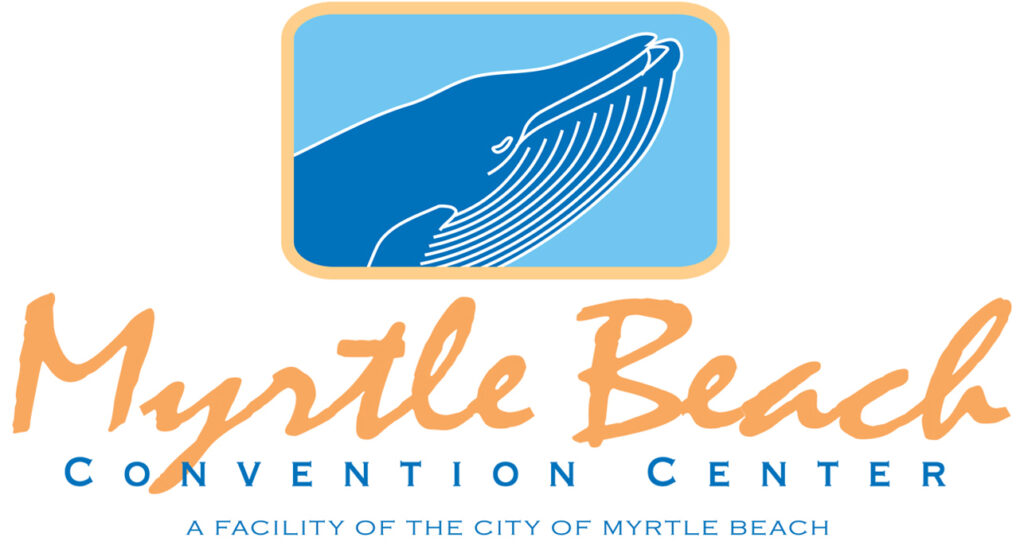
This is the second time we’ve had Al Kidd and Jennifer Stoll on the SportsTravel Podcast. The last time was in early 2020 when the pandemic was just becoming evident and an incredible amount of unknown lied ahead. The Sports Events & Tourism Assocaition had just released data from its first comprehensive State of the Industry report, which covered data from 2019 — right before the world fell off a cliff. In turns out the timing of that study couldn’t have been more perfect since it reflected the high point of the industry, and offered a benchmark to use to determine how the recovery from the global pandemic would be measured in years to come. That 2019 report showed that sports-related travel had a direct economic impact of $45 billion that year.
Fast forward to now, and Sports ETA has its latest data that covers how bad things got in 2020, but more importantly, how things rebounded in 2021. The headline number out of the latest report, sponsored by the Northstar Meetings Group, is that sports-related travel accounted for $39.7 billon in 2021 — almost a full recovery to the 2019 numbers.
Sponsored Content
Nonetheless, the full State of the Industry report paints an even more detailed picture of what the industry looked like last year. From hotel room stays to tax revenue generated, to impacts on sports-related staffing at CVBs and sports commissions and sports-related budgets in those destinations, the latest report is a data gold mine. In this episode, we sit down with Kidd, the president and CEO of Sports ETA, and Stoll, the founder of Stoll Strategies, to talk through not only the details of the statistics in the report, but how we can all use this information to advocate for the importance of sports-related travel and tell a more global story of why the work we do day in and day out matters. We hope you enjoy the conversation.
Among the topics discussed in this episode:
- The biggest economic takeaway in the report (4:42)
- The strength and resiliency of the sports-related travel market (8:45)
- The significance of direct economic impact and indirect economic impact (10:00)
- What the report says about room nights (12:54)
- The differences in how people are traveling to sports events since the pandemic began (16:30)
- The importance of tax revenue generated (18:15)
- Dangers of relying too heavily on hotel room tax for revenue (21:08)
- Trends that cities are reporting on paying bid fees (24:46)
- Concerns over decreasing budgets at destinations (26:24)
- The changing landscape of sports-event industry employees (29:50)
- How destinations, rights holders and industry partners can take full advantage of this research and advocate for their work (33:52)


















 Copyright © 2025 by Northstar Travel Media LLC. All Rights Reserved. 301 Route 17 N, Suite 1150, Rutherford, NJ 07070 USA | Telephone: (201) 902-2000
Copyright © 2025 by Northstar Travel Media LLC. All Rights Reserved. 301 Route 17 N, Suite 1150, Rutherford, NJ 07070 USA | Telephone: (201) 902-2000